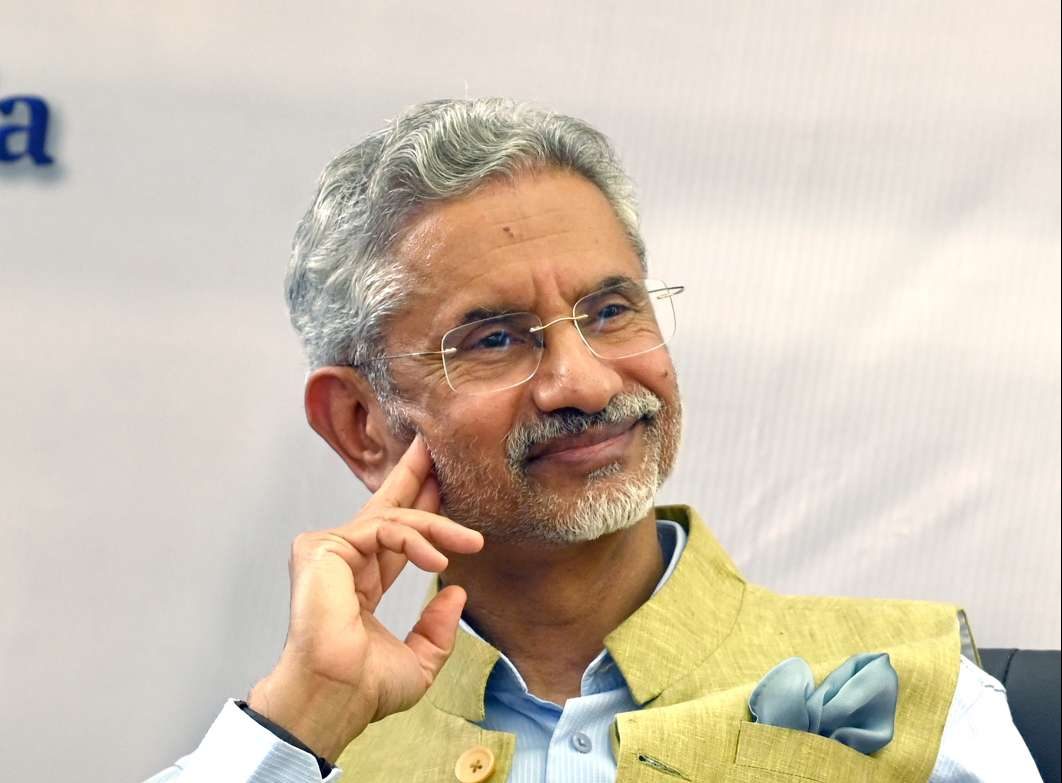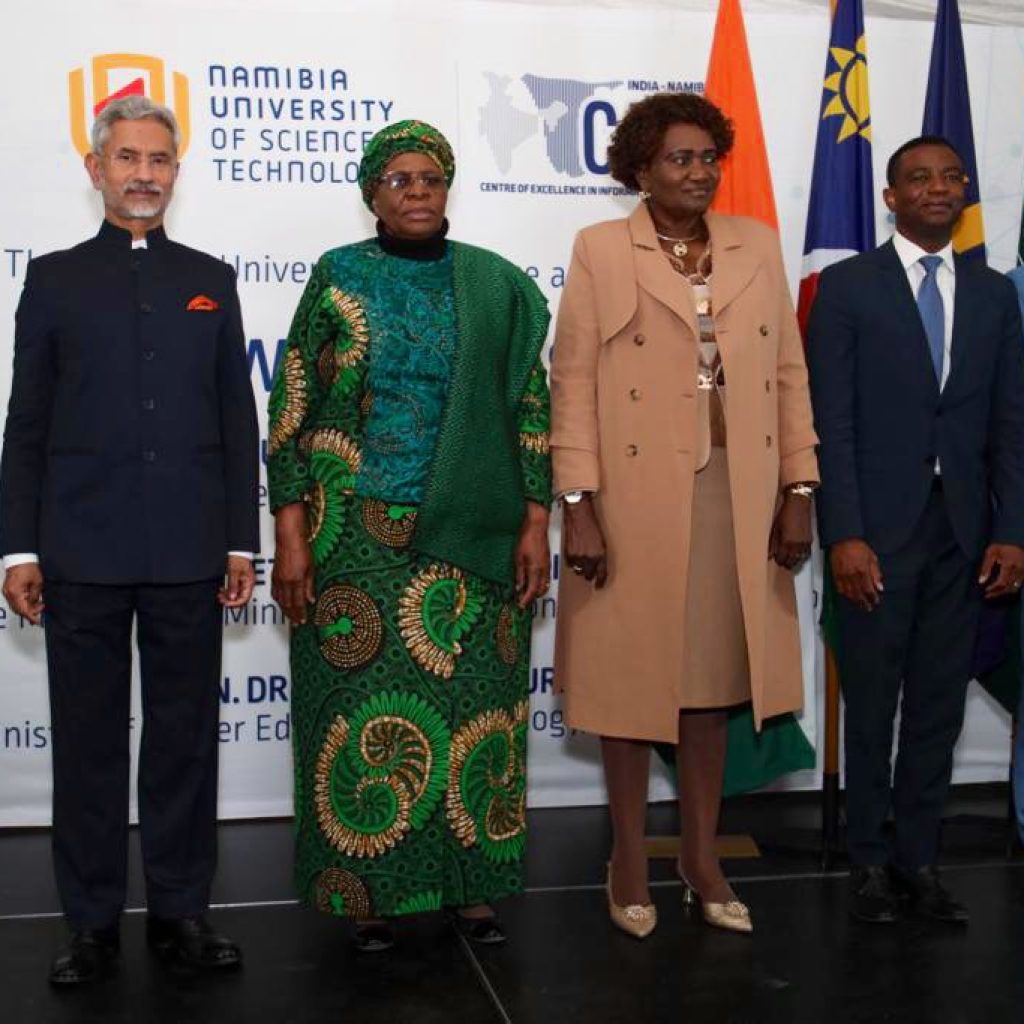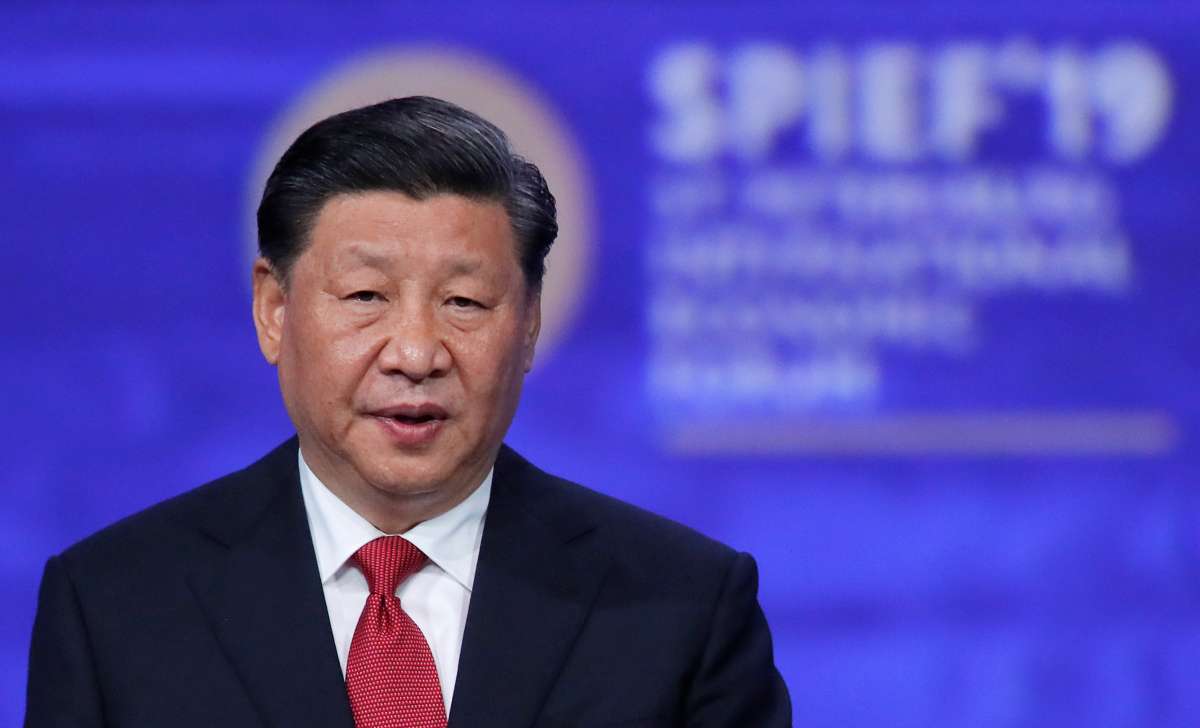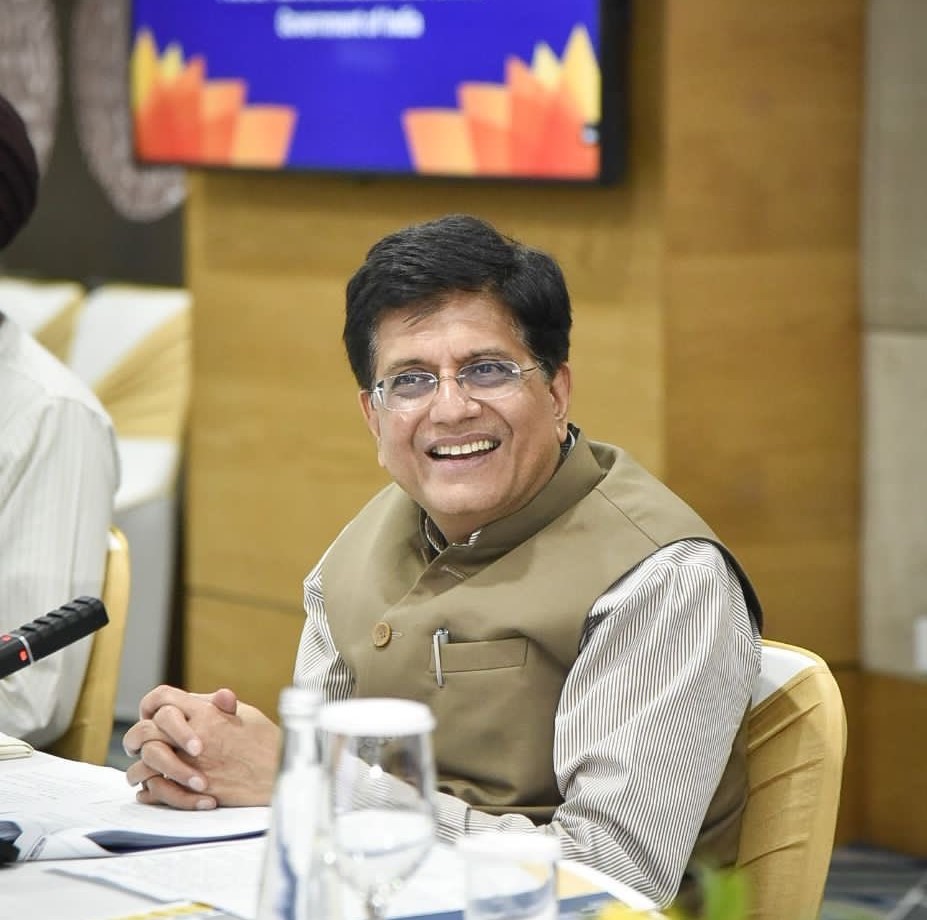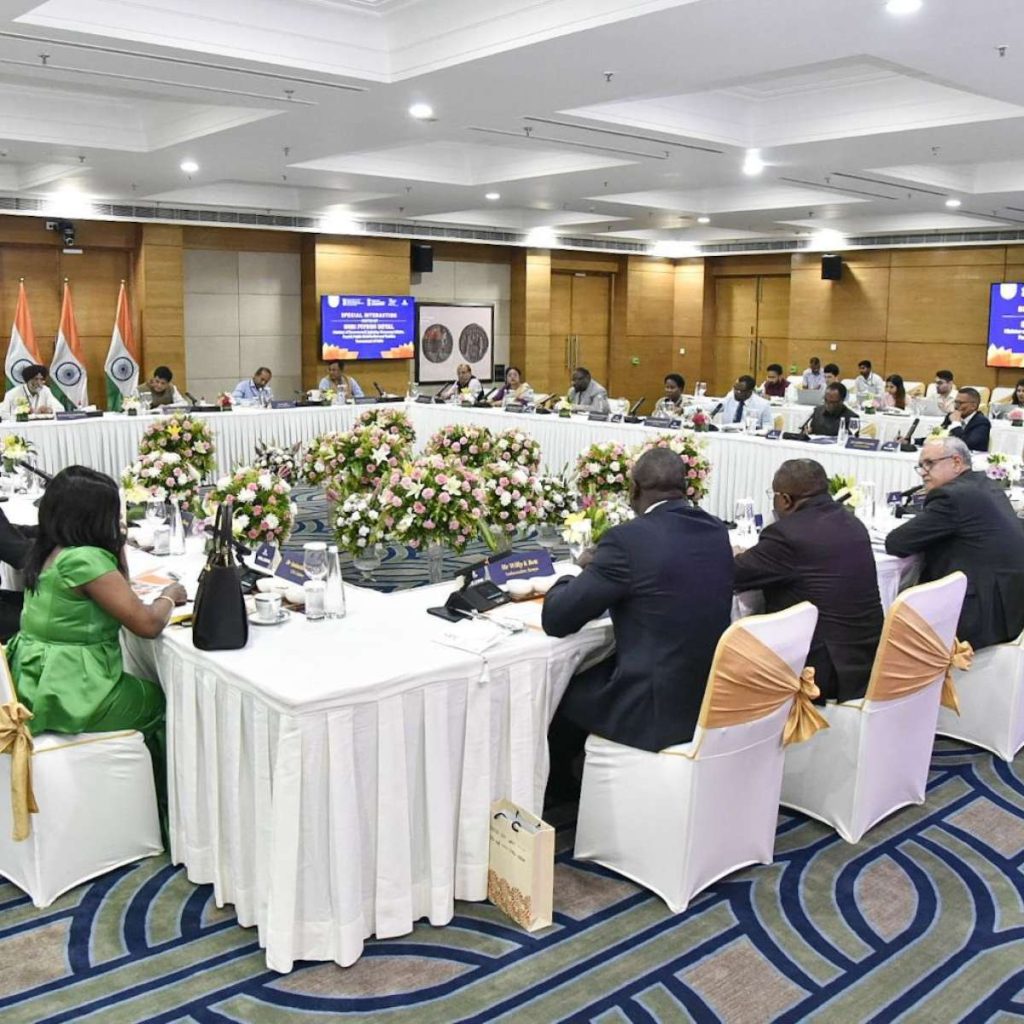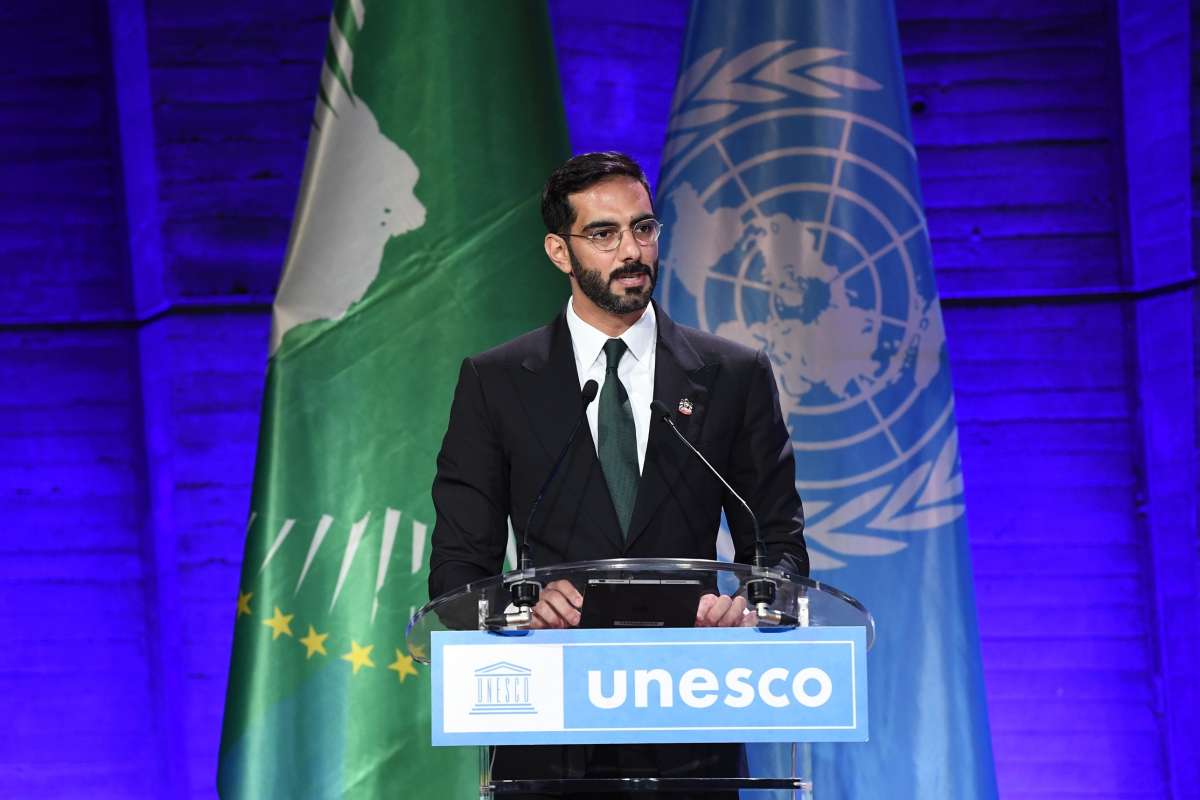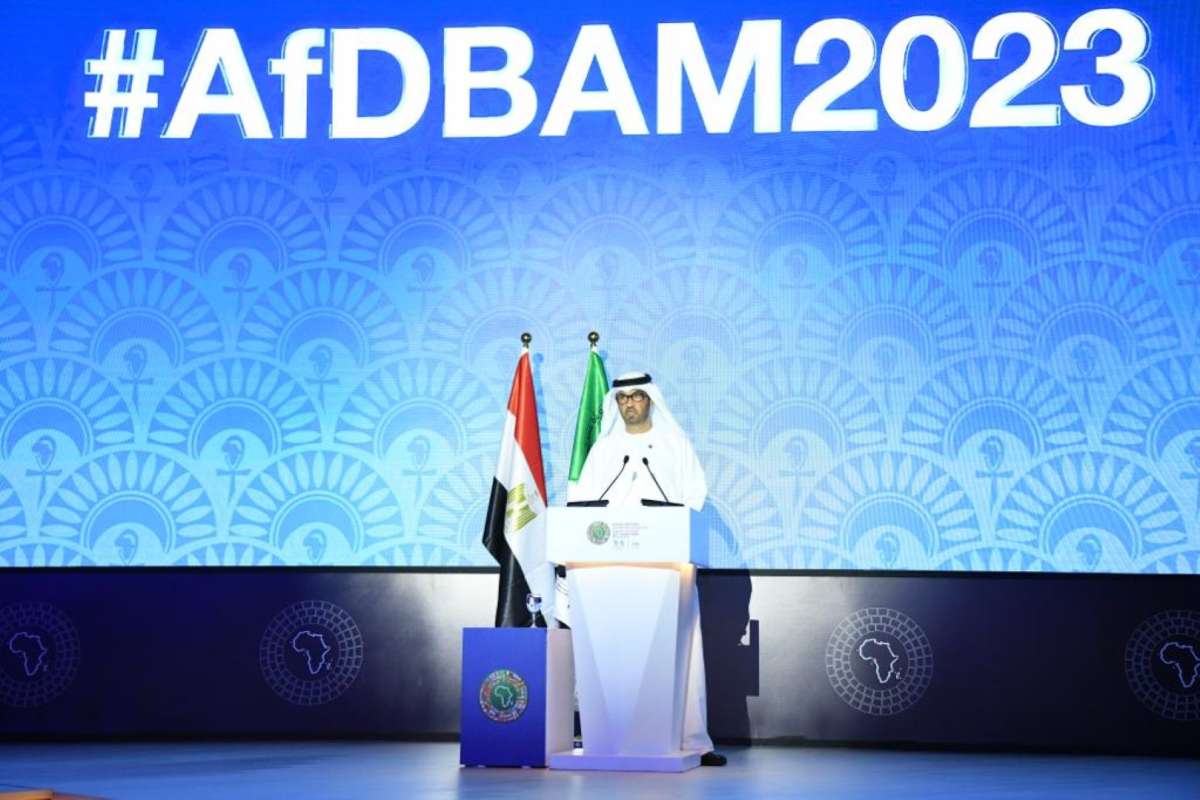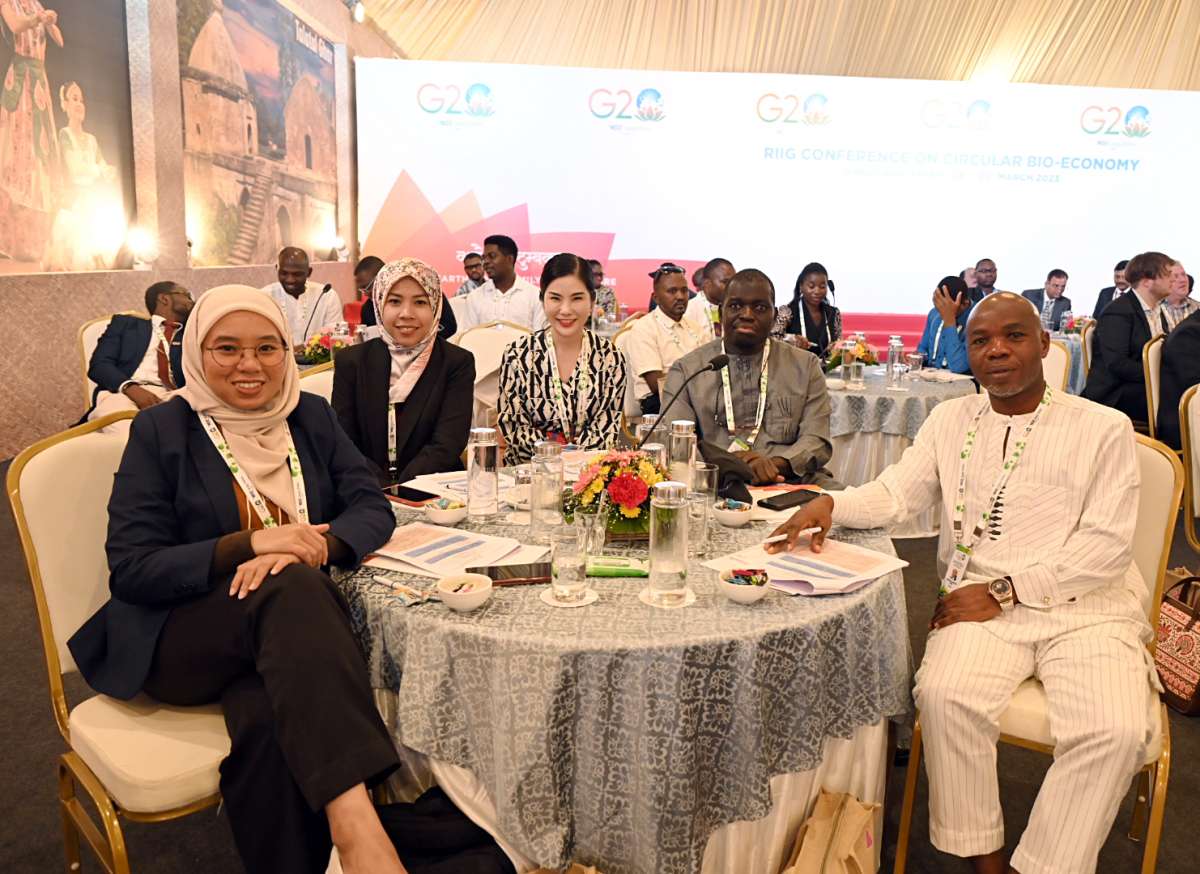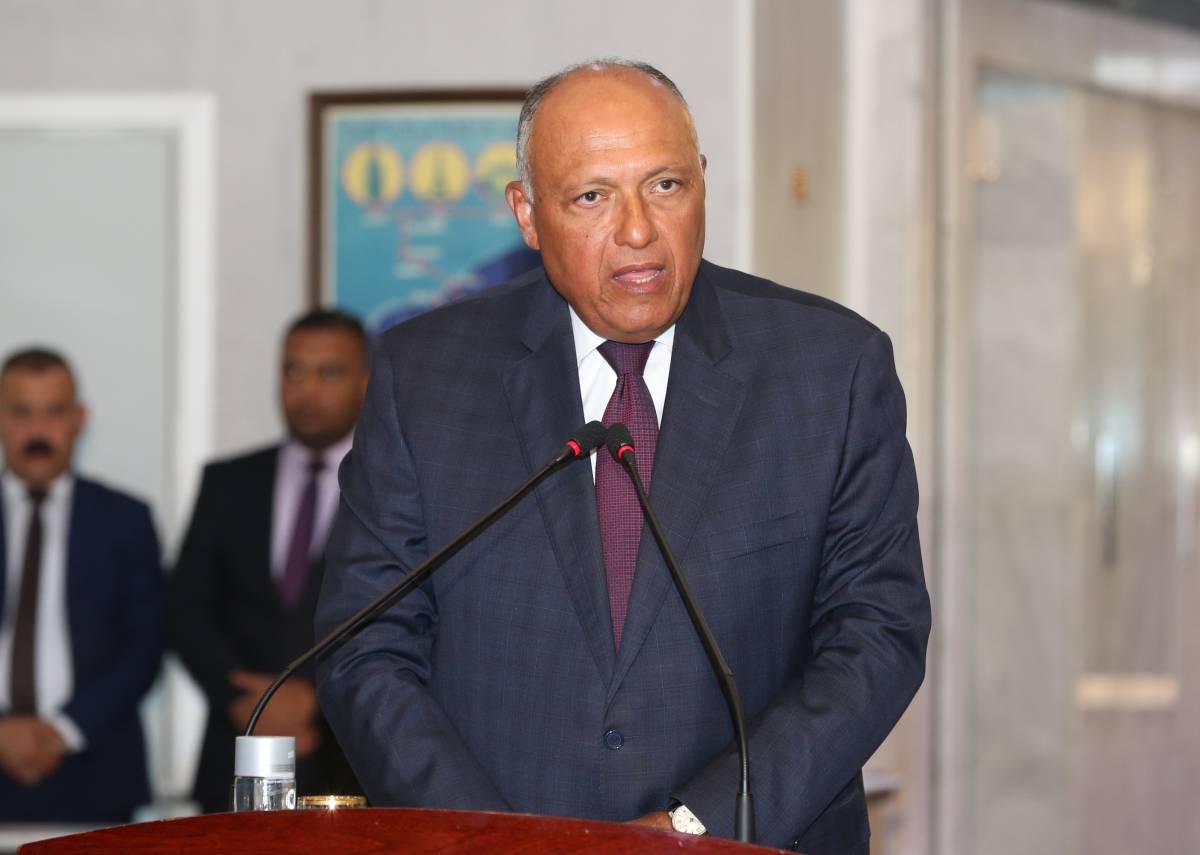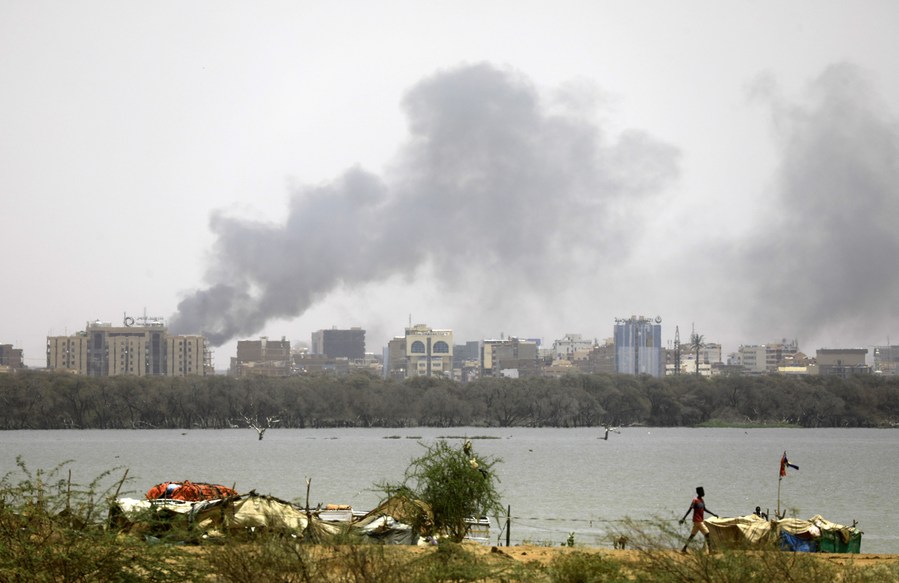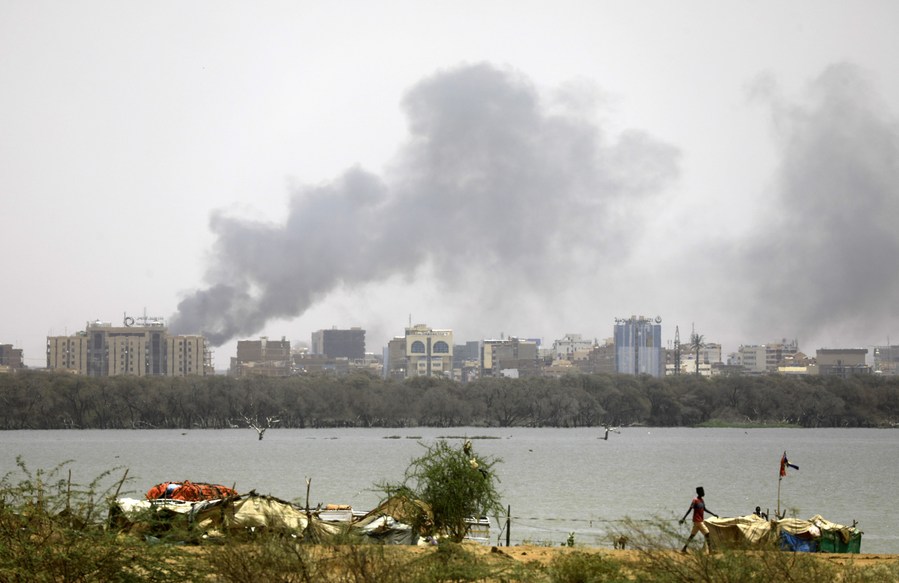In collaboration with its esteemed partner – Rana Motors – Kia’s assembly plant in Amasaman, Ghana is a testament to the strong partnership between Korea and Ghana, combining Korean Engineering Technology with Ghanaian dedication…reports Asian Lite News
Kia Corporation’s official distributor in Ghana “Rana Motors” has officially launched its state-of-the-art assembly plant in Ghana, marking a significant milestone in the company’s expansion strategy in the African continent. Focused on Western Africa, this strategic move positions Kia as a key player in the region’s automotive industry.
The launch event took place on May 2 and was attended by H.E. Nana Addo Dankwa Akufo-Addo, President of the Republic of Ghana, Hon. Michael Okyere Baafi, Deputy Minister for Trade and Industry of Ghana, Hon. Henry Quartey, Regional Minister of Ghana, and other key leaders from the country.
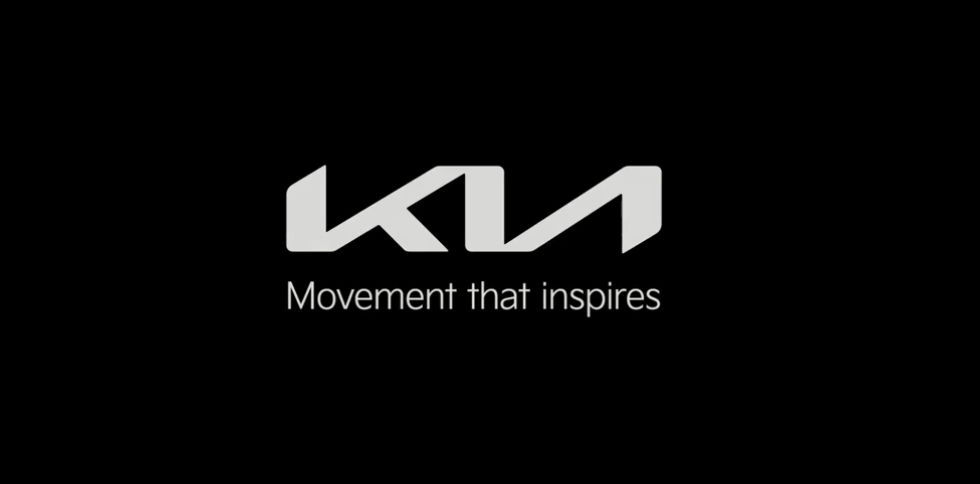
In collaboration with its esteemed partner – Rana Motors – Kia’s assembly plant in Amasaman, Ghana is a testament to the strong partnership between Korea and Ghana, combining Korean Engineering Technology with Ghanaian dedication, capabilities, and passion. The facility, equipped with the latest technology and staffed by a highly skilled team of engineers and technicians, meets Kia’s rigorous international standards to deliver only the highest quality vehicles to African consumers.
Yaser Shabsogh, Chief Operating Officer, Regional HQ, Middle East & Africa, Kia stated: “This facility not only addresses the present needs of Ghanaian customers but also proactively anticipates their future requirements. Our goal is to fulfill the demands not only within Ghana but potentially also across West Africa. We are excited about the opportunities that this expansion will bring.”
Essam Odaymat, CEO of Rana Motors, expressed the assembly plant’s importance in fostering a stronger bond between Ghana and the Republic of Korea, stating, “We humbly take pride in our role of enhancing the relationship between Ghana and the Republic of Korea by promoting excellence.”
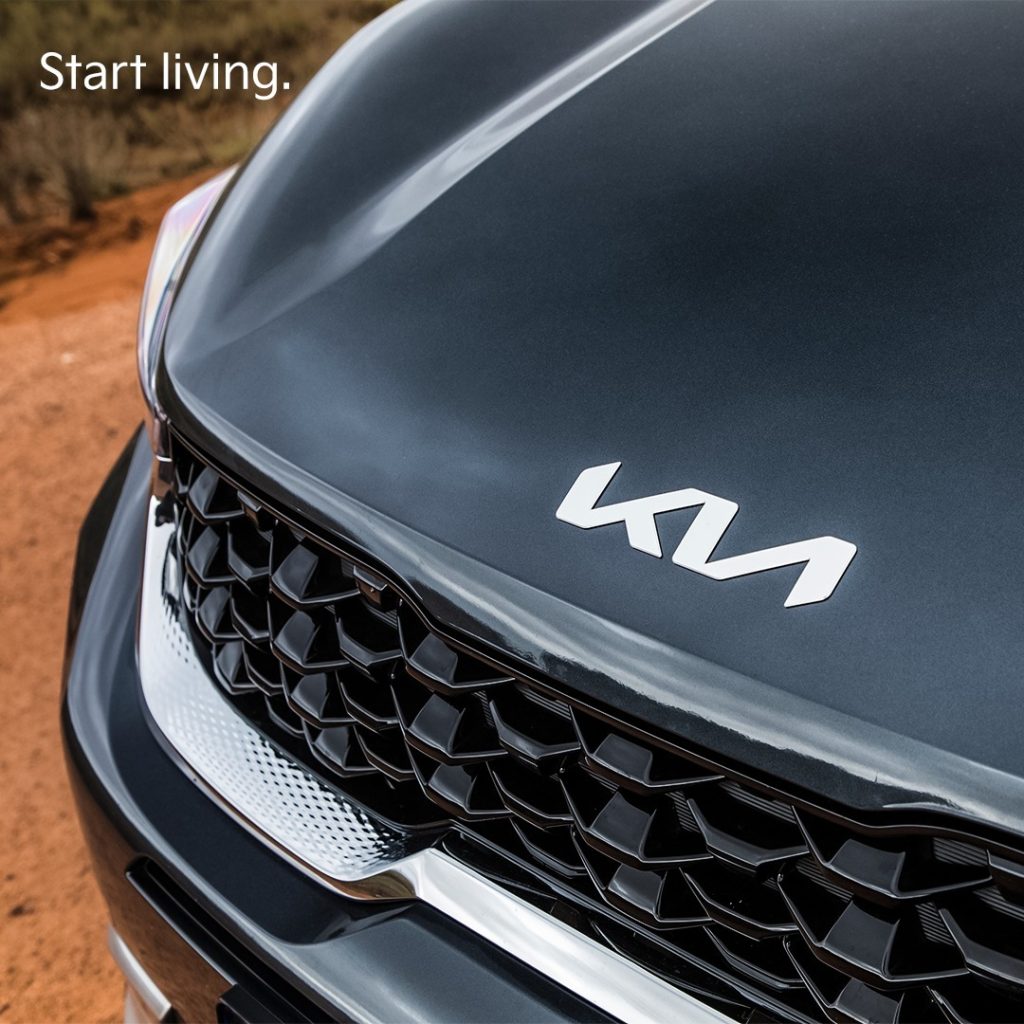
In line with the brand’s vision to become a sustainable mobility solutions provider, the assembly plant addresses critical global challenges such as water shortage and energy consumption. Kia and Rana Motors have implemented a sustainable water approach featuring a stormwater harvesting system, enabling the capture and reuse of water runoff for daily factory operations.
Furthermore, the factory’s sustainable energy approach includes natural light, ventilation systems, and heat insulation to reduce energy consumption. In the project’s next phase, solar panels will be installed on the factory roof, enabling the facility to generate its energy sustainably, covering all its energy consumption.
The assembly plant proudly stands as the largest in Ghana and the region, assembling six vehicle models and will expand to ten models in the next few months. Spread out over a substantial 65,000 square meters of land, the Amasaman facility has a building area of 16,000 square meters, with over 1,000 square meters of living area. In keeping with its proportions, the initial operational capacity of the plant is 35,000 vehicles, with plans for expansion to 70,000 vehicles. Due to the impressive size of the factory, approximately 6,000 tons of cement and 3,500 tons of iron and steel were used in the construction.
Currently, six Kia models are being produced – Kia Cerato, Kia K5, Kia Sonet, Kia Seltos, Kia Sportage, and Kia Sorento – and this portfolio will expand to ten models soon including the K2700, K3000, Carens, and Picanto. With the introduction of the largest regional assembly plant, Kia and Rana Motors have solidified their position as one of the world’s leading vehicle manufacturers.


